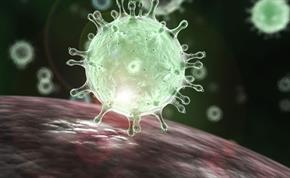
The global pandemic and Influenza season is still ongoing and there have been considerable risks to patients and staff over the winter period. Although the situation is slowly improving, there is a need to start the transition to business as usual and to move to standard IPC precautions.
Moreover, whilst Trusts continue to respond to potential respiratory infections within healthcare, NHS England and United Kingdom Health and Security Agency (UKHSA) acknowledge the changes required within the IPC guidance in order to support the move to the England and Scottish National Infection Prevention Control Manual over the coming weeks and months.
Nationally, whilst disease prevalence has started to fall, it is necessary that Trusts do all that they can to further reduce the risk and ensure all IPC measures are reviewed in line with local risk assessment to determine necessary and proportionate measures.
The changes noted below are the minimum standards set for the ambulance sector in line with the NHSE national guidance to avoid any unnecessary variation in IPC practice.
Face Masks
Physical Distancing
There is no longer a requirement to undertake physical distancing in any setting. However, the following principles should be adhered to:
Ventilation
PPE Levels
Standard infection control precautions (SICPS):
Applies to all asymptomatic patients. Staff should apply patient screening/triaging as appropriate and adhere to good IPC standard precautions in all areas, applying transmission-based precautions (TBP) (in addition to FRSM wearing) as required, based on the level of exposure and the risk assessment consideration of additional PPE should be taken.
Decontamination
Environmental Cleaning:
Environmental cleaning for non-clinical areas should be part of business of usual processes. Wiping down workstations before and after use will remain in place as good practice. Enhanced cleaning may be re-instated in the event of an outbreak and in line with any other escalation measures.
Cleaning and Decontamination:
Vehicles must continue to be cleaned as per the vehicle cleaning schedule, including in between patient cleans must be undertaken following transportation of all patients. Enhanced cleaning should be undertaken for suspected or confirmed infection cases and/or where AGPs have been undertaken within the vehicle.
Published 25th April 2023